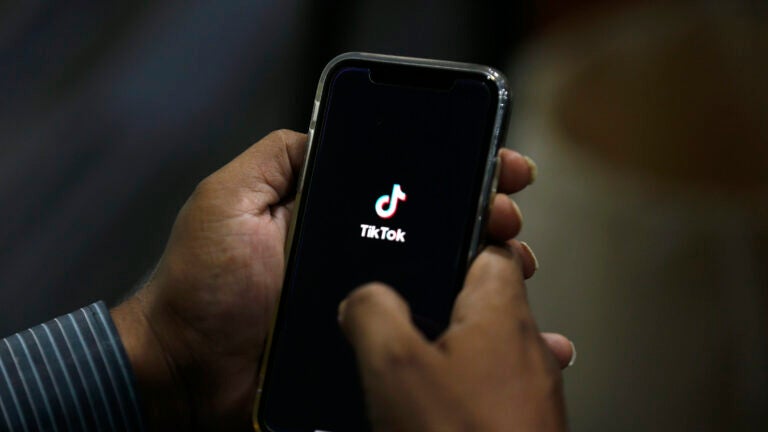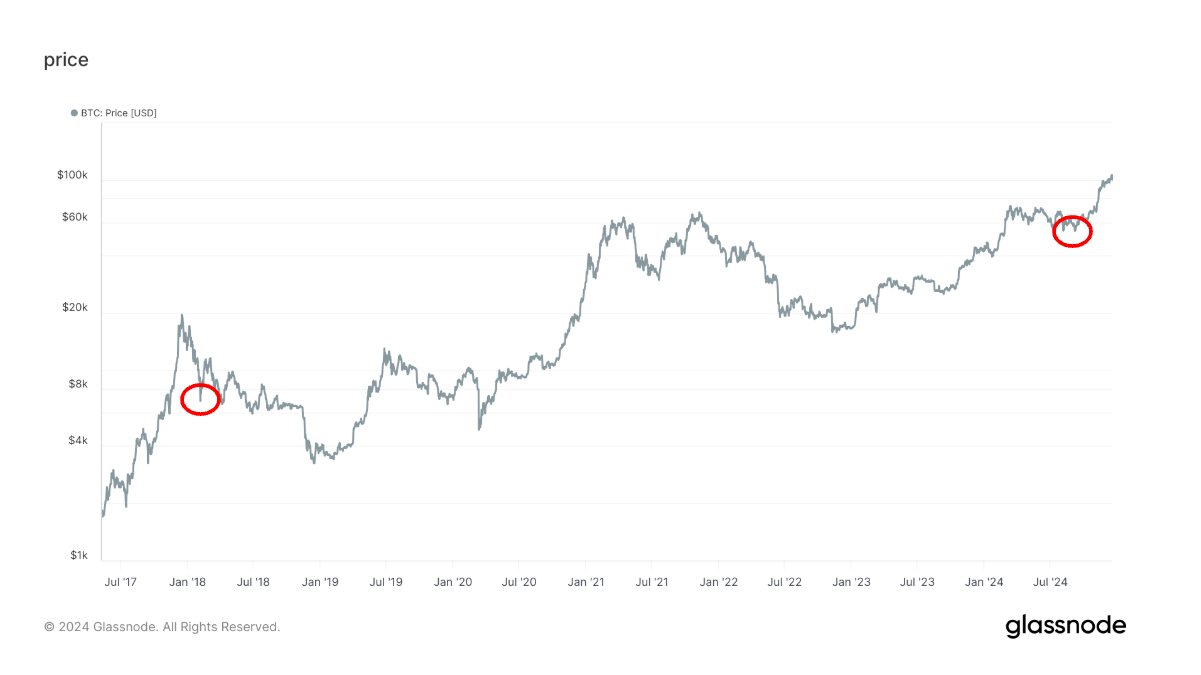Summary:
Massachusetts AG Andrea Campbell files a lawsuit against TikTok for allegedly exploiting young users.
The lawsuit claims TikTok uses coercive design to maximize user engagement.
Prosecutors allege negative health impacts on young users, including depression and anxiety.
TikTok denies the allegations, asserting their commitment to user protection.
Massachusetts AG's Bold Move Against TikTok
Massachusetts Attorney General Andrea Campbell has filed a lawsuit against the popular social media app TikTok, alleging that the platform is designed to make young users addicted while falsely marketing itself as safe.
 AP Photo/Anjum Naveed
AP Photo/Anjum Naveed
Campbell is joined by Attorneys General from 12 states and the District of Columbia in this legal battle against TikTok Inc., its parent company ByteDance Inc., and other related entities. The 109-page lawsuit accuses TikTok of knowingly harming young users through an addictive framework and inadequate support.
Campbell stated, “Massachusetts will not tolerate a future where companies exploit the vulnerabilities of young people for profit.” The lawsuit claims TikTok's operations are focused on hooking users to maximize profit, employing tactics described as “coercive design” to keep users engaged for extended periods.
Mental and Physical Harms: Details of the Lawsuit
The lawsuit outlines how TikTok’s design features—such as push notifications, infinite scroll, autoplay, and visible social validation metrics—target young users’ vulnerabilities, overriding their ability to exit the app. According to the suit, TikTok's own records indicate that its platform induces various negative health impacts, including disrupted sleep, depression, and increased anxiety.
Prosecutors argue that TikTok misrepresents its platform as safe, while internally developing practices that encourage addictive use. The suit asserts, “The hundreds of thousands of Massachusetts youth spending excessive hours of time on TikTok’s platform are being subjected to mental and physical harms.”
TikTok's Response to the Lawsuit
In response, TikTok denied all allegations, labeling many claims as inaccurate and misleading. A TikTok representative emphasized their commitment to protecting teens and highlighted features such as default screen time limits and privacy settings for younger users. TikTok has expressed disappointment in the lawsuit, claiming they have been working cooperatively with various Attorneys General for two years.
Earlier, President Joe Biden signed a bill that could lead to a ban on TikTok in the U.S. if its China-based parent company does not divest from the app. The lawsuit notes that TikTok itself acknowledges the existence of coercive design features that are manipulative and do not support users' intentions.







Comments